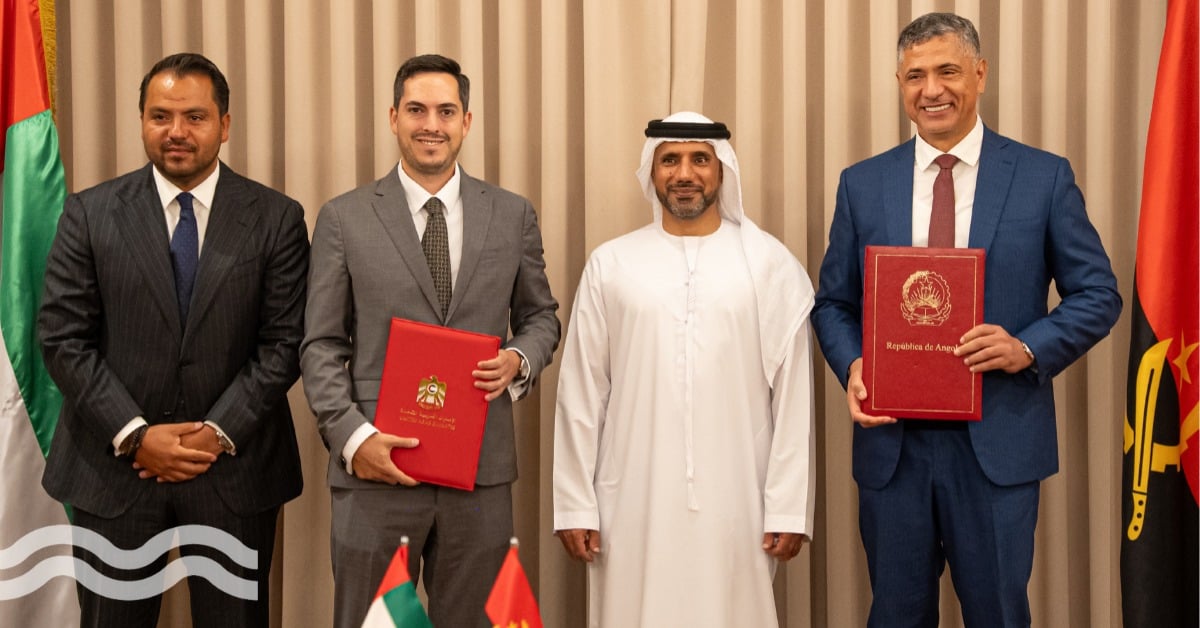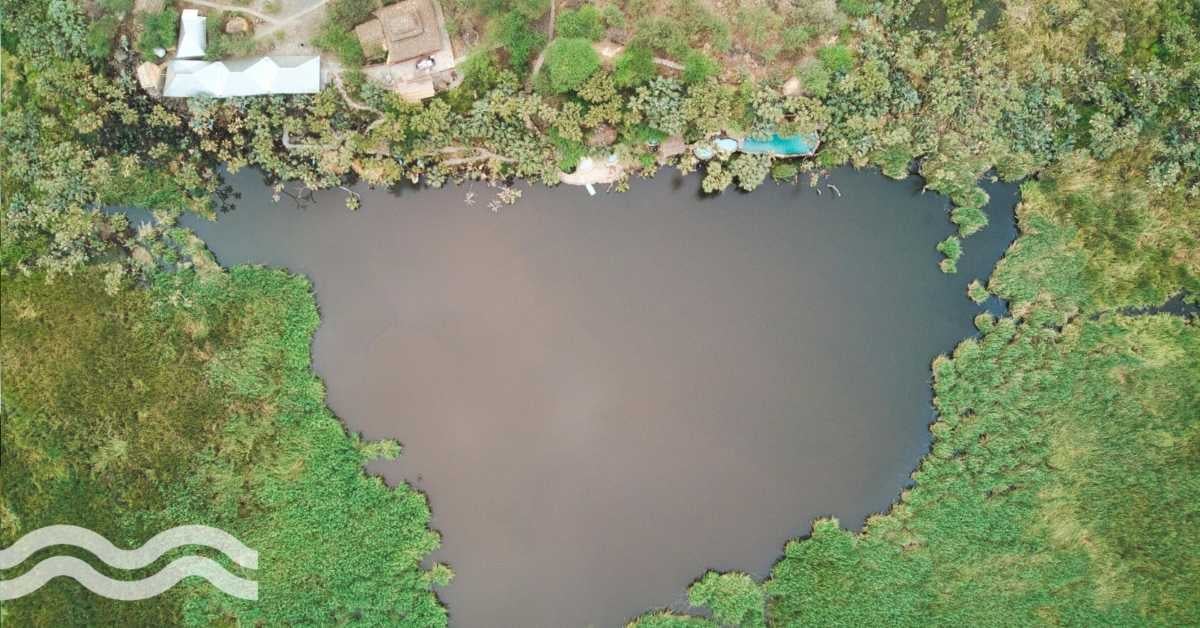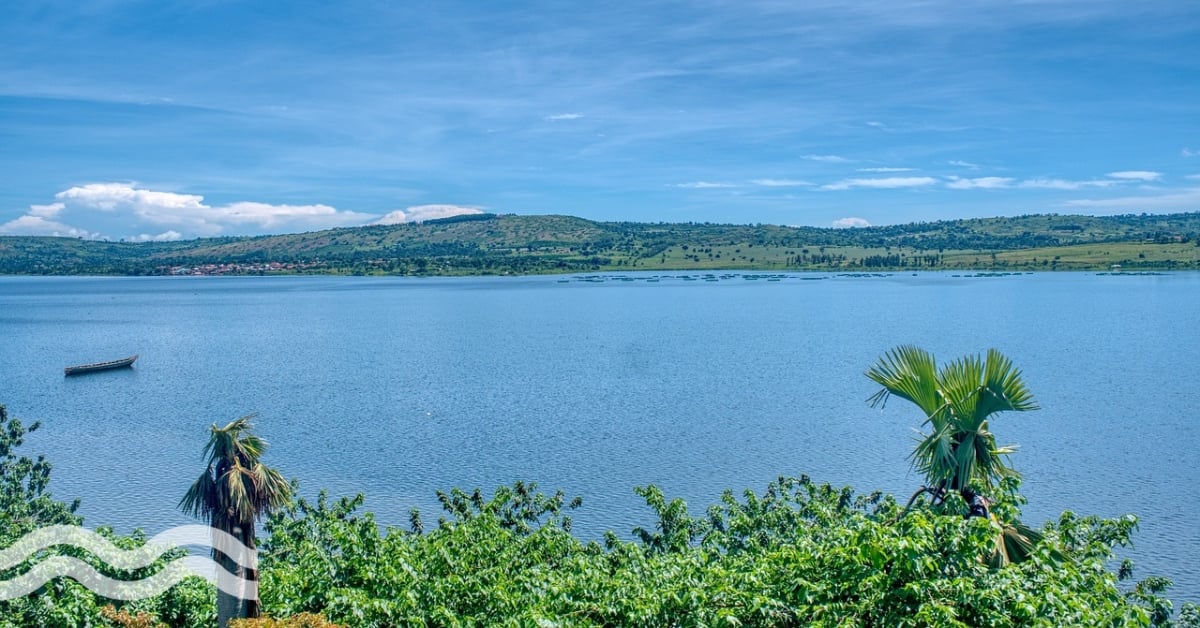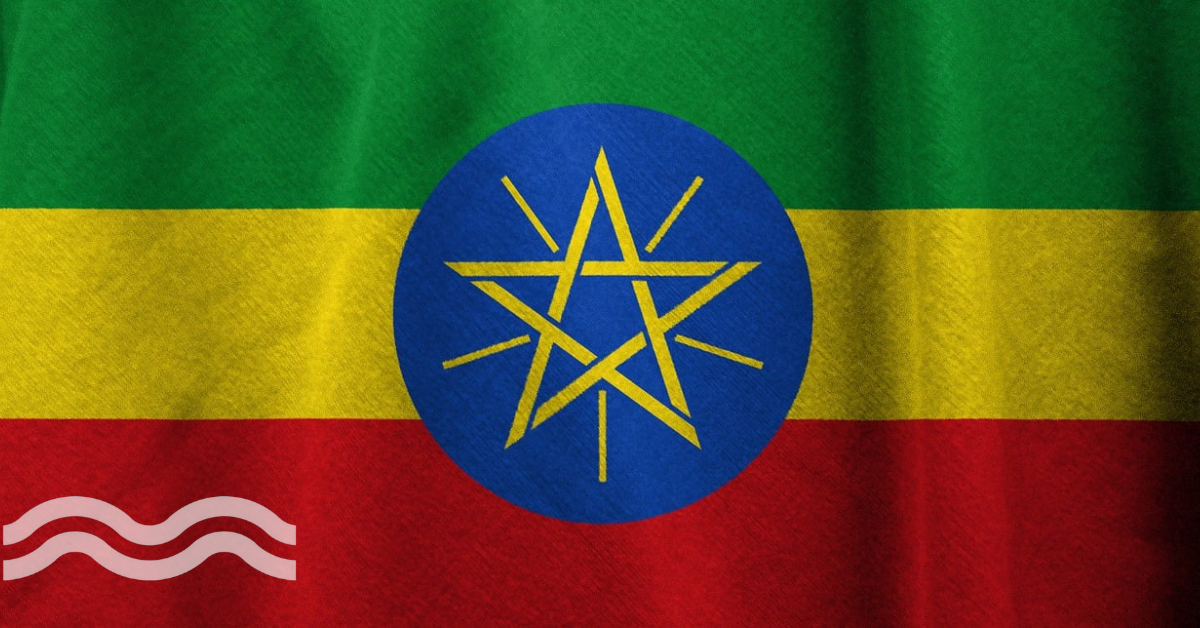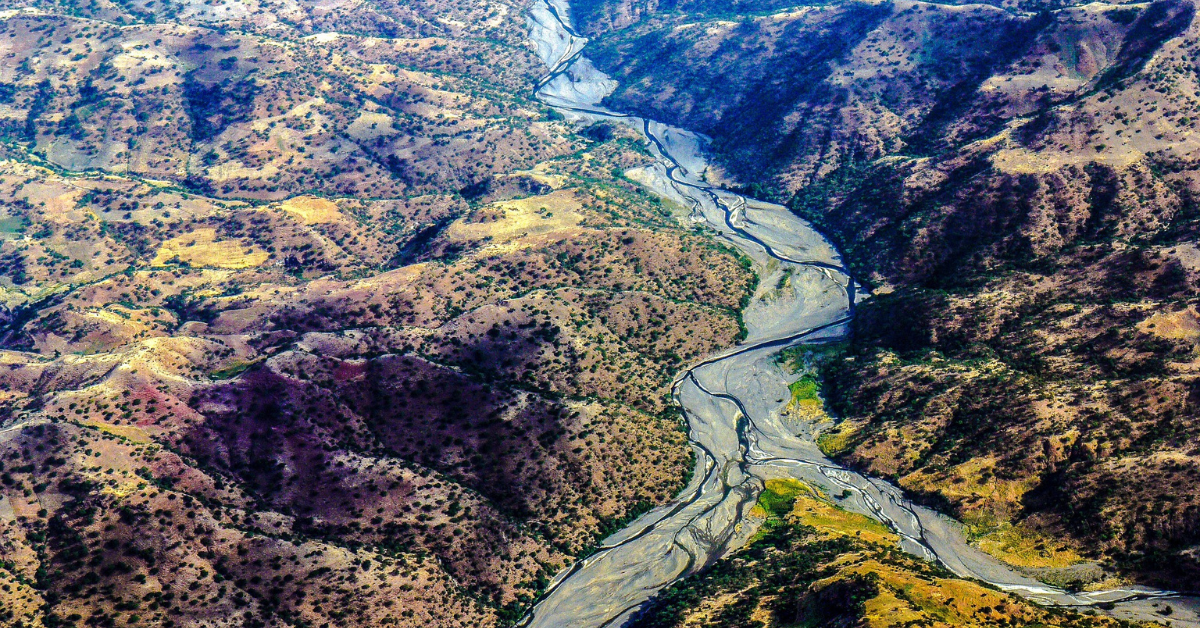Tackling water management challenges in river basins with AI
The Limpopo River Basin in southern Africa will be managed by Copilot AI agent technology, which the project partners are calling a paradigm shift in water resources management.
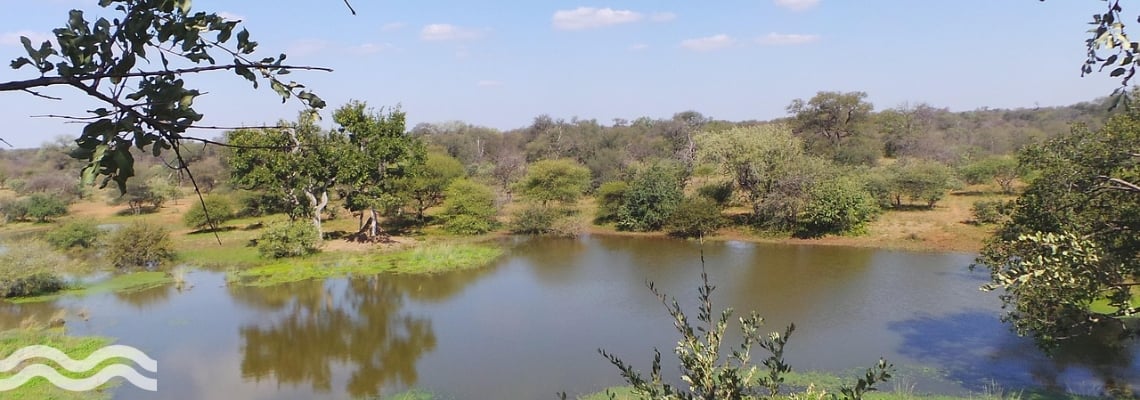
The Limpopo Water Copilot
The project is a collaboration between the International Water Management Institute (IWMI) and Microsoft, and the Limpopo Water Copilot is the first real-world application of the partnership. And the first of its kind in southern Africa.
Drawing from real data from the river systems that feed into the basin, the AI Copilot has been designed to deliver reliable and scientific insights for water managers in the region.
Other countries have created digital twins of rivers and canals, but creating one for a basin represents a real challenge.
Mariangel Garcia Andarcia, research group leader for Water Futures Data and Analytics at IWMI and lead of this project, told media: “It is a paradigm shift in what is possible for water resources management, where AI can assist both skilled and unskilled users to understand in their own language the intricacies of water resources management.”
She added: “It brings the most complex data into the hands of water managers, saving hours of their time writing reports and analysing data, allowing them to focus on responding timely to the challenges of the basin.”
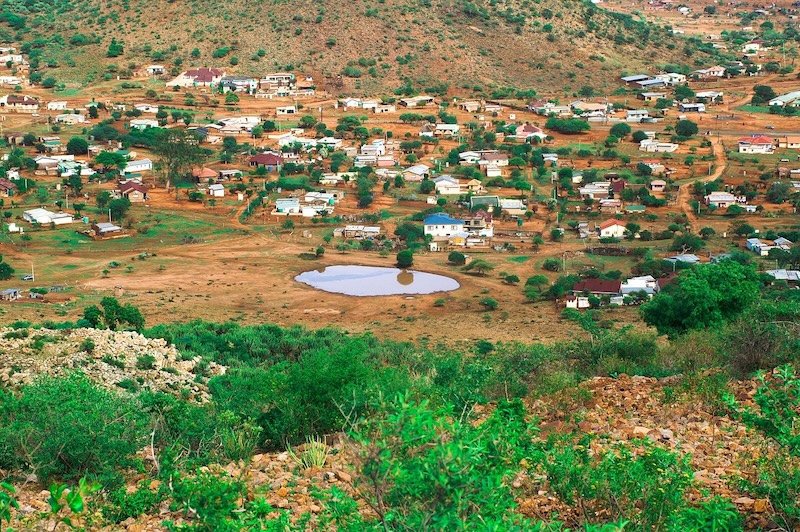
What will each partner bring to the project?
IWMI and Microsoft have been collaborating through the FarmVibes project, which addresses the need to acquire quality data to enable sustainable farming practices. Its goal is to help researchers, farmers, and data scientists build affordable digital technologies to estimate emissions, adapt to climate change by predicting weather patterns, and determine which management practices can be profitable while improving soil health.
The Limpopo Water Copilot is a natural extension of the FarmVibes project.
Microsoft is providing a direct grant, as well as the solution architecture, AI optimisation and cloud infrastructure for the project. The grant will support the development of an enhanced AI assistant (or agent), which is connected to a mobile app. The app can help visualise irrigation water use at multiple scales and integrate water accounting information.
How does the Limpopo River Basin AI water agent work?
The Limpopo River Basin spans four countries in southern Africa – Botswana, Mozambique, South Africa and Zimbabwe – and serves 18 million people. The Limpopo Watercourse Commission (LIMCOM) coordinates efforts across member states aimed at preserving the system from the pressures it faces from droughts, flooding, climate change, over-extraction, land degradation, pollution, and more.
LIMCOM and IWMI signed an agreement in 2024 to develop Africa’s first digital twin of a river basin. The twin will provide insights into water availability and use, combining real-time data feeds, historical satellite imagery, and modelling.
This digital twin integrates with the chatbot interface of the Limpopo Water Copilot. When queried, the Copilot will provide an answer using generative AI to summarise relevant data from the digital twin, including map visualisations.
One issue that has been acknowledged and addressed is the problem of ‘hallucinations’ in AI responses. According to the partners, because the agent only uses real data and robust scientific models, the level of accuracy is high, which means water managers can be confident that they are using evidence-based decisions to react intelligently to the issues faced by the basin, which affect millions of people's lives.
Scaling from concept to mobile app
While the Limpopo Water Copilot has existed as a proof-of-concept, its full range of benefits will follow its upgrade to a mobile app with real-time features and improved development, focusing on user needs in the Limpopo River Basin.
Thulandi Sibanda, a member state representative from Zimbabwe, told media: “There is a huge advantage in using these tools. It is becoming more efficient to generate good reports and analysis for policymakers. These tools are necessary for us as a country and as an organisation.”
